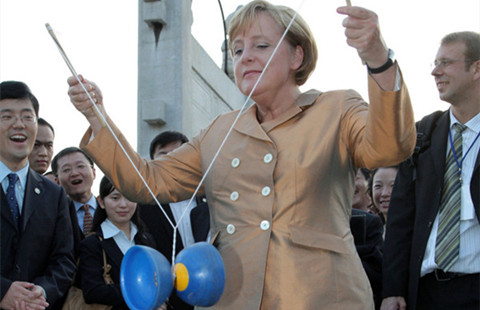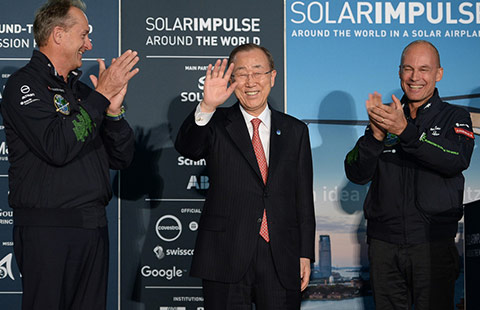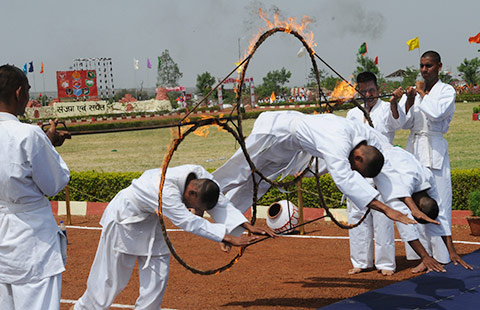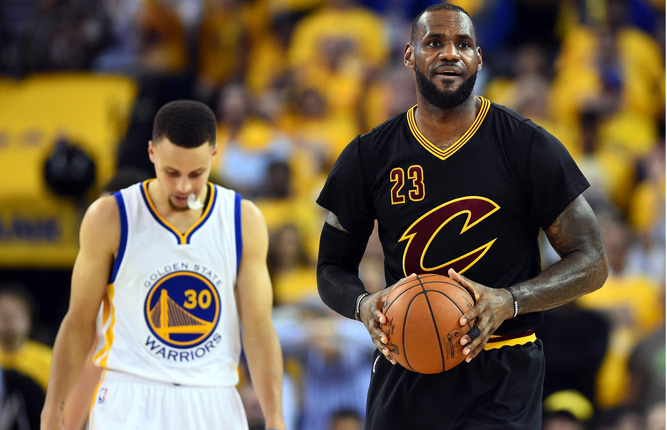Chinese investment in European soccer comes under close scrutiny
By Angus McNeice ( chinadaily.com.cn ) Updated: 2016-06-14 23:57:41Chinese investors are beginning a determined drive into European football, both at club level and in the sport's infrastructure, welcomed by many but which has raised serious questions about long-term intentions.
At the Sino-European Entrepreneurs Summit 2016 in London on Tuesday, panellists discussed both the domestic policy drive to popularize the game in China, as well as Chinese acquisitions of stakes in several European clubs and investments in football advertising, media and sports rights.
The summit marked the acquisition of a 65 percent stake in MP & Silva, the world's number one football rights agency, valued at around $1 billion, by Shanghai Jinxin Investment Fund — a partnership between Baofeng Technology and Chinese financial services company Everbright Group.
MP & Silva distributes sports programming to more than 200 broadcasters in 215 countries, including English Premier League Soccer and Formula One motor racing.
Chinese investors met with international sports agency heads and the former chairman of the FA, Lord Triesman in London on Tuesday to discuss the rapidly changing landscape of European football, in light of a flurry of big deals with Chinese companies.
In recent weeks Chinese entities have either acquired clubs outright, such as England's Aston Villa, or taken controlling stakes in teams such as Inter Milan, Manchester City, Espanyol in Spain – and possibly former Italian premier Silvio Berlusconi's AC Milan, where talks are still continuing. Chinese companies are also becoming sponsors of FIFA, the governing body of world football.
At the Sino-European Entrepreneurs Summit 2016 in London on Tuesday, panellists discussed both the domestic policy drive to popularize the game in China, as well as Chinese acquisitions of stakes in several European clubs and investments in football advertising, media and sports rights.
MP & Silva co-founder Riccardo Silva told China Daily UK that the deal was the "perfect fit" in terms of finance and innovation given Everbright's status as the second largest financial group in China, and technology and media company Baofeng's progress in bringing virtual reality into broadcasting.
Feng Xin, CEO of Baofeng Group, said that it was the "perfect time" to enter the partnership as Chinese GDP per capita continues to climb and an increasing number of Chinese people have money to spend on entertainment.
But the sustained European investment has some fans worried about what Chinese money means for the future of football on the continent.
Examples of foreign owners meddling in transfer, tactical and managerial decisions and even club tradition have frequently made headlines in the UK over the last decade, such as Cardiff City FC owner Vincent Tan's attempt to enhance the club's "global appeal" by changing the traditional team colour from blue to red and replacing the crest's bluebird with a dragon.
Russian billionaire Roman Abramovich, who owns English Premiership club Chelsea, was, in the early years of his ownership, accused in the media of meddling in player choices and tactics, particularly in the case of Ukrainian star Andriy Shevchenko, who he insisted should join Chelsea for a then record of 30.8 million pounds. The striker had an intermittent career between 2006 and 2009 before being loaned to AC Milan for two years.
One Chinese investor made its own faux pas in January this year, when LED light manufacturer Ledman, that has an advertising deal with Portugal's second division, sparked uproar by stipulating that Chinese players must feature in starting line ups.
The company quickly back tracked, but it opened up the question within the industry whether some Chinese companies plan on adopting an interventionist approach or will purely act as financial backers.
Lin Feng, CEO of DealGlobe, the platform which facilitated the deal between Baofeng and MP & Silva, described Chinese buyers as "passive investors."
"They are not really going to be actively involved in the day-to-day running of clubs, and I think that's important, the Chinese invest money and resources rather than actually managing the club," he told China Daily.
"Chinese buyers are clear that they don't know the football market in the UK, for example, that well - many of them don't speak English, so in order for them to manage a company in a very active role would be very difficult. For all the Chinese buyers, their view from a financial perspective is to back the club and in the meantime to add very strong value from China and from Asia. For the operating of clubs in Europe and the UK, they will let the management team do so."
Simon Chadwick, Professor of Sport Business Strategy at Salford University, believes that on the whole, Chinese investors are not in search of vanity projects, rather they are facing a steep learning curve as they contribute to Chinese President Xi Jinping's plan to establish China as a footballing superpower.
"The way I would rationalise this is that if you were a Chinese businessman or woman, you are not buying a football club, you are buying into football, and I think there is a subtle difference there because although you may be the legal owner, fans will always see you as sharing your ownership with them and as a consequence of that you have to be more sensitive in the way that you go about your business," he told China Daily.
"In fairness to Ledman, I think in the Portugal case they didn't understand the sensitivities around what they were trying to and as soon as the backlash took place they didn't fight head-on — they took a step back and they acknowledged that this is an industry like no other in the sense that you've got to defer sometimes to the history, the heritage, the socio-cultural influences of football."
In frank terms, Feng offered his own reassurances: "There is an old saying in China that 'business is business,' so profit is priority. In terms of cultural conflict between (Chinese) owners and clubs and fans, that will be minimized. After all, Chinese companies' involvement will mainly be on a capital operational level."
|
|
|
|
|
|
|
|
Features
 Merkel's lighthearted moments in China
Merkel's lighthearted moments in China  British pub becomes tourist attraction after Xi's visit
British pub becomes tourist attraction after Xi's visit
European Weekly
 We will not give up search, Li vows
We will not give up search, Li vows
International hunt for missing airliner continues after fruitless six-day search




















